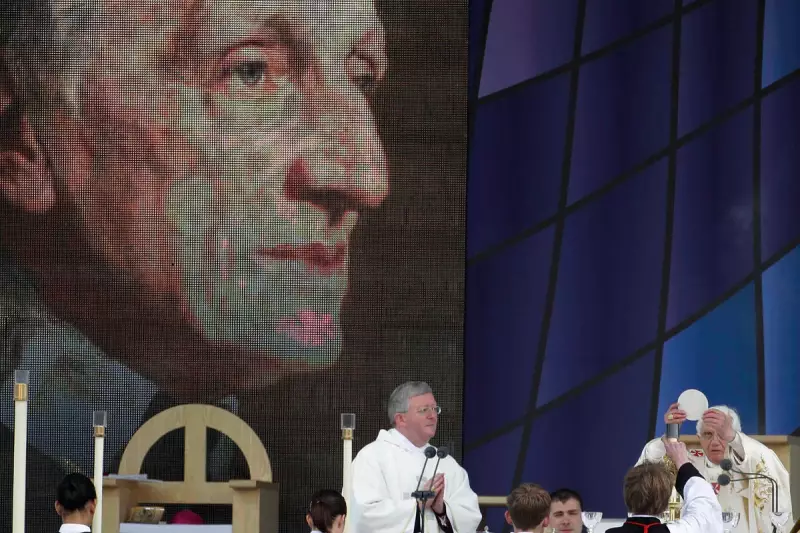
The Vatican has made a decisive move by ending a special provision that allowed Anglican priests to convert to Catholicism while retaining some of their traditions. This pathway, established under Pope Benedict XVI in 2009, was designed to welcome disillusioned Anglican clergy, particularly those opposed to the ordination of women and LGBTQ+ rights.
Why Was the Pathway Created?
The initiative, known as the "Ordinariate," was introduced as a response to growing dissent within the Anglican Communion. Many conservative priests sought refuge in the Catholic Church, which upheld more traditional doctrines. Over 200 Anglican priests and thousands of followers transitioned under this arrangement.
What Changed Now?
Pope Francis, known for his progressive stance, has opted not to renew the provision, effectively closing the door to further conversions under this framework. The decision signals a shift in Vatican policy, possibly reflecting improved relations with the Church of England or a prioritisation of internal reforms.
Reactions from Both Sides
Anglican leaders have expressed mixed feelings. Some view it as a loss of a meaningful ecumenical bridge, while others see it as an opportunity for the Anglican Church to reconcile internally.
Catholic traditionalists, however, are disappointed, arguing that the move weakens efforts to unite Christians under orthodox teachings.
What’s Next for Interfaith Dialogue?
The Vatican’s decision raises questions about the future of Anglican-Catholic relations. While the Ordinariate remains intact for those who already converted, its discontinuation suggests a new chapter in how both churches will engage with each other.





